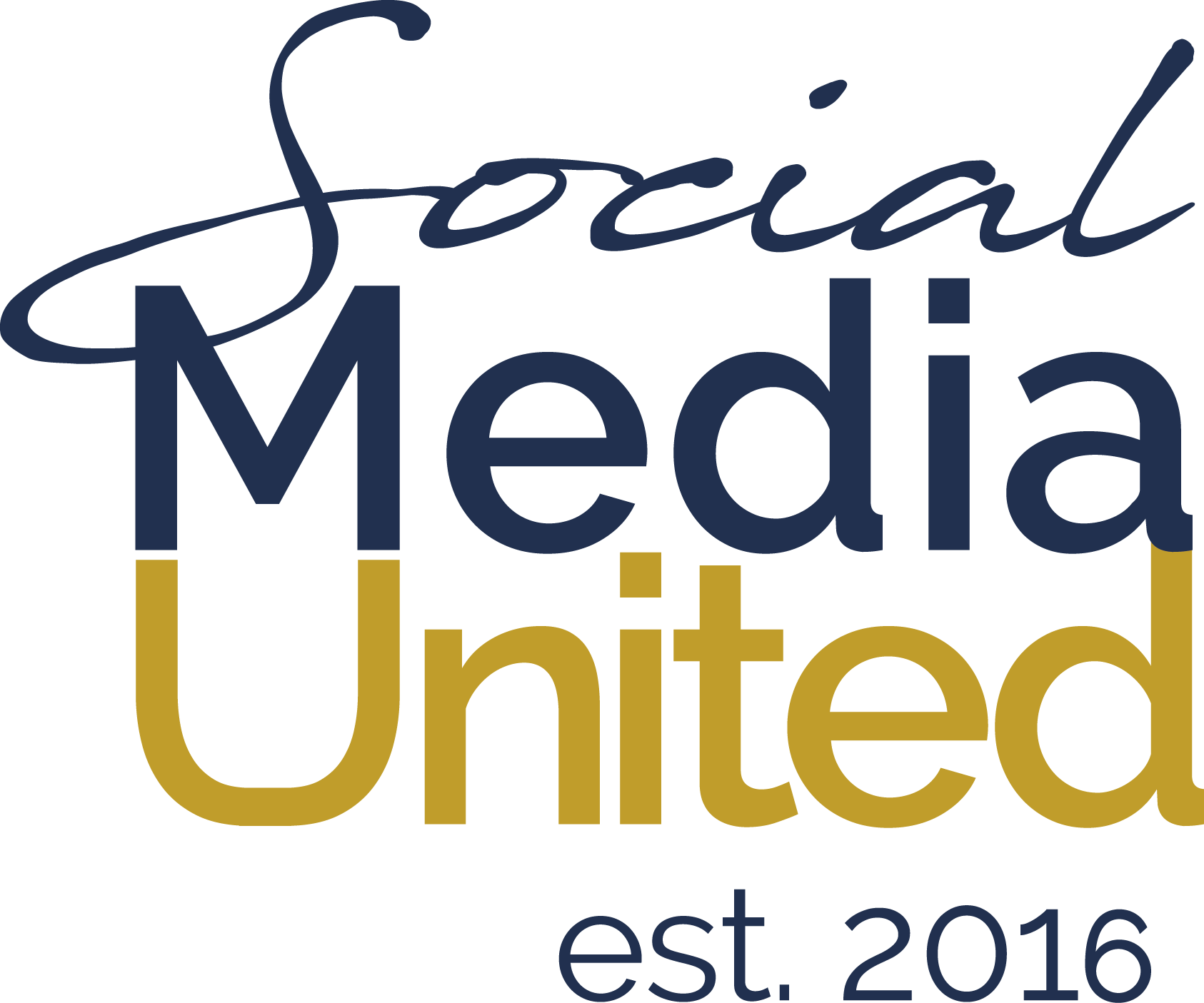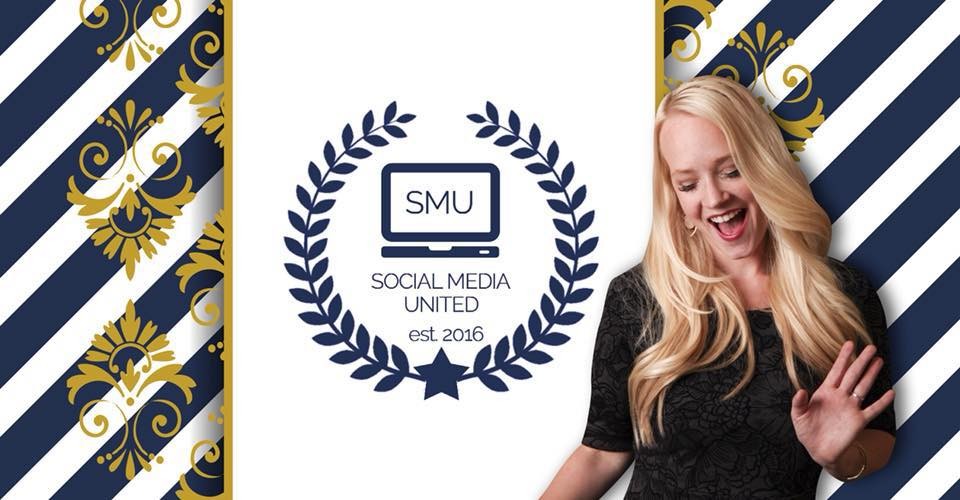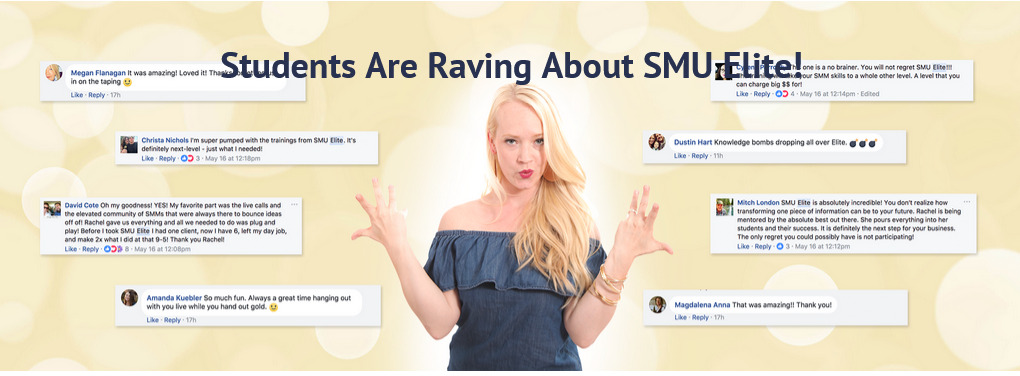Social Media University Rachel Pedersen

Social media expert Rachel Pedersen's Social Media University is facing increased scrutiny amid allegations of misleading marketing practices and unfulfilled promises to students. The online education platform, known for its courses on social media management and marketing, is under fire for reportedly failing to deliver the promised career advancements and income boosts touted in its promotional material.
The controversy centers on claims that Social Media University (SMU) exaggerated the success rates of its graduates and the ease of securing high-paying social media jobs after completing its programs. Disgruntled former students are now voicing their concerns through online forums and social media platforms, sharing their experiences and calling for greater transparency and accountability from the institution.
Mounting Allegations Against Social Media University
Numerous former students have alleged that the skills taught at SMU were outdated or insufficient for competing in the current social media landscape. They claim the promised mentorship and job placement assistance were inadequate, leaving them struggling to find employment despite investing significant time and money in the programs. According to online reviews, the curriculum focuses heavily on outdated strategies, neglecting the rapidly evolving algorithms and trends that dominate modern social media marketing.
The core complaint revolves around the disparity between the advertised outcomes and the actual experiences of students. Many were drawn in by Pedersen's personal success story and the testimonials of supposed SMU success stories, only to find the reality far different. These discrepancies are fueling accusations of deceptive marketing and preying on individuals eager to break into the social media industry.
Key Concerns Raised by Former Students:
- Outdated curriculum failing to address current social media trends.
- Inadequate mentorship and career support, making job placement difficult.
- Misleading marketing materials exaggerating success rates and income potential.
- High tuition costs not justified by the quality of education and support received.
Rachel Pedersen's Response and the Future of SMU
Rachel Pedersen and Social Media University have yet to issue a comprehensive statement addressing the specific allegations. However, in a recent social media post, Pedersen acknowledged the concerns and stated that the organization is "committed to providing the best possible learning experience" and is "actively reviewing its programs and support systems." This response has been met with skepticism from former students who are demanding more concrete action and a commitment to transparency.
The future of Social Media University hangs in the balance as these allegations continue to circulate. Legal experts suggest that if these claims of deceptive marketing are substantiated, SMU could face legal action and significant reputational damage. Further investigation is needed to determine the full extent of the issues and whether SMU can regain the trust of its students and the wider social media community.
The Federal Trade Commission (FTC) has been alerted to the situation, and several consumer advocacy groups are monitoring the developments closely. Individuals who have been affected by SMU's practices are encouraged to file complaints with the FTC and share their experiences online. The outcome of this situation could set a precedent for the regulation and oversight of online education platforms in the social media space.
Moving Forward: What to Expect
The situation is rapidly evolving, and further investigations are expected in the coming weeks. Former students are organizing to collectively pursue legal options and demand restitution for their financial losses. Meanwhile, Rachel Pedersen and Social Media University are under pressure to address the concerns and implement significant changes to their programs and marketing practices. The coming months will be critical in determining the long-term impact of these allegations on SMU and the broader landscape of online social media education.


















